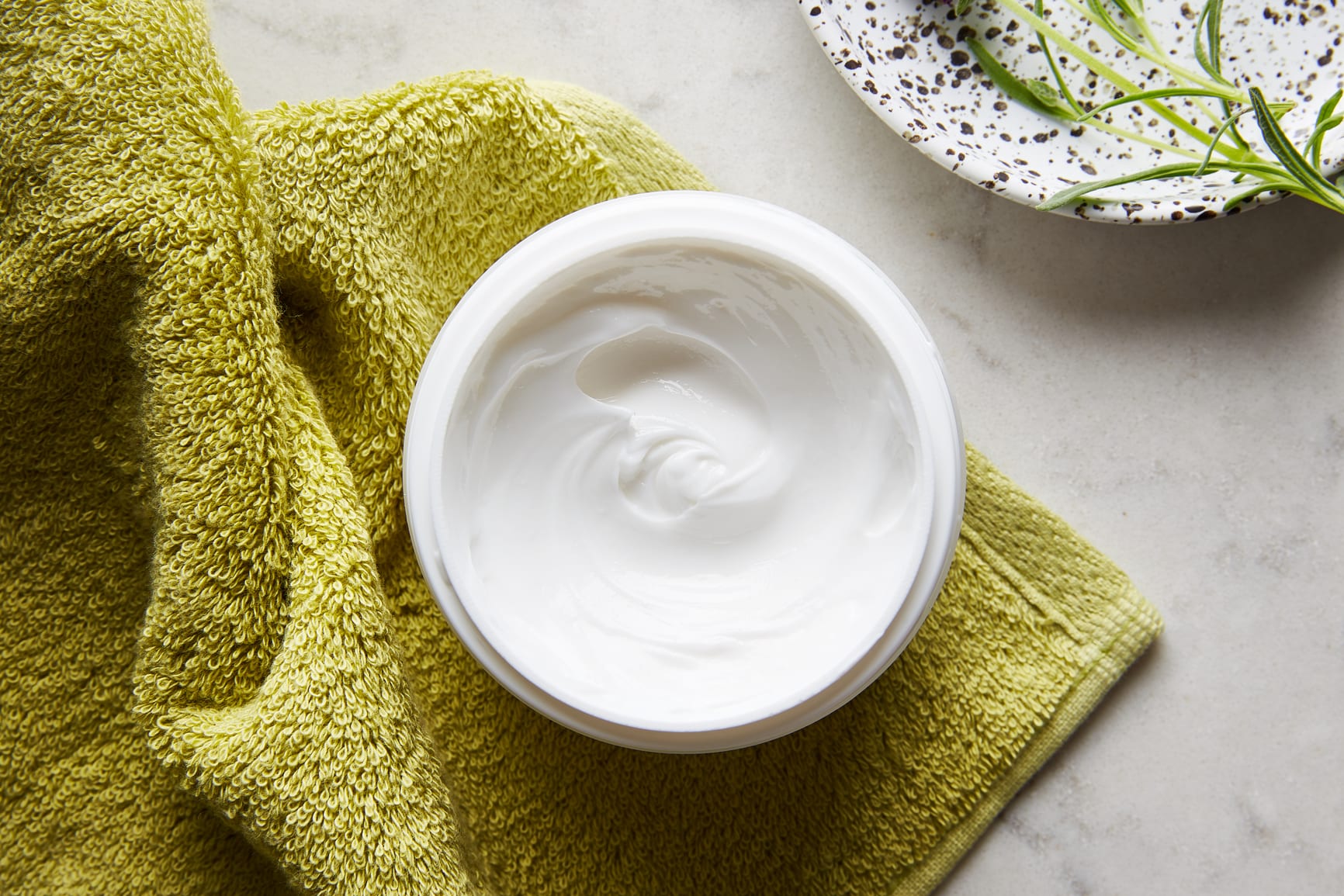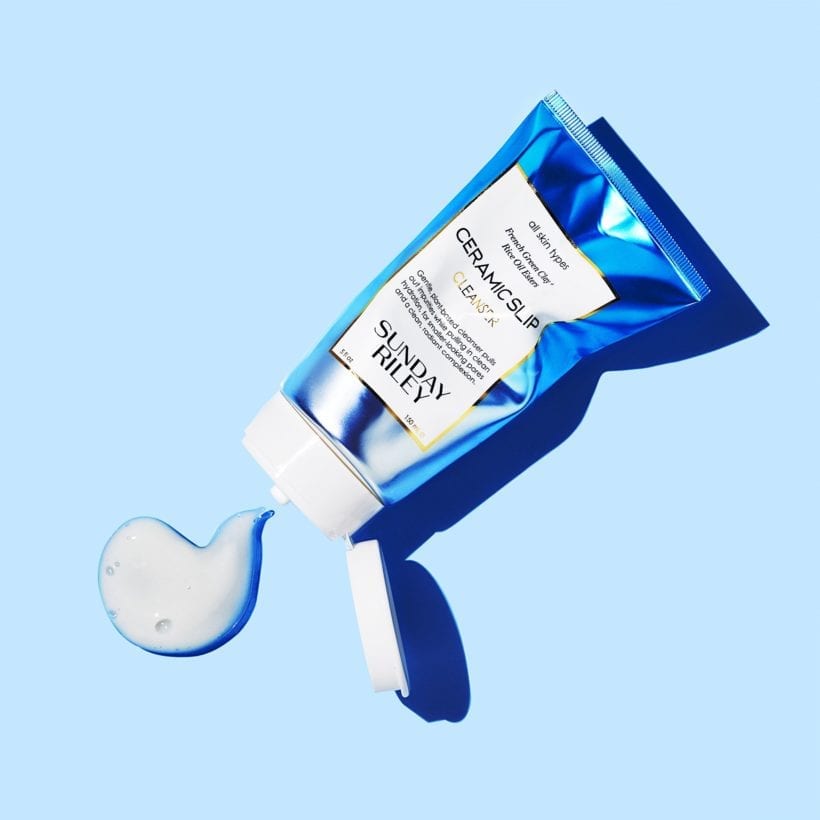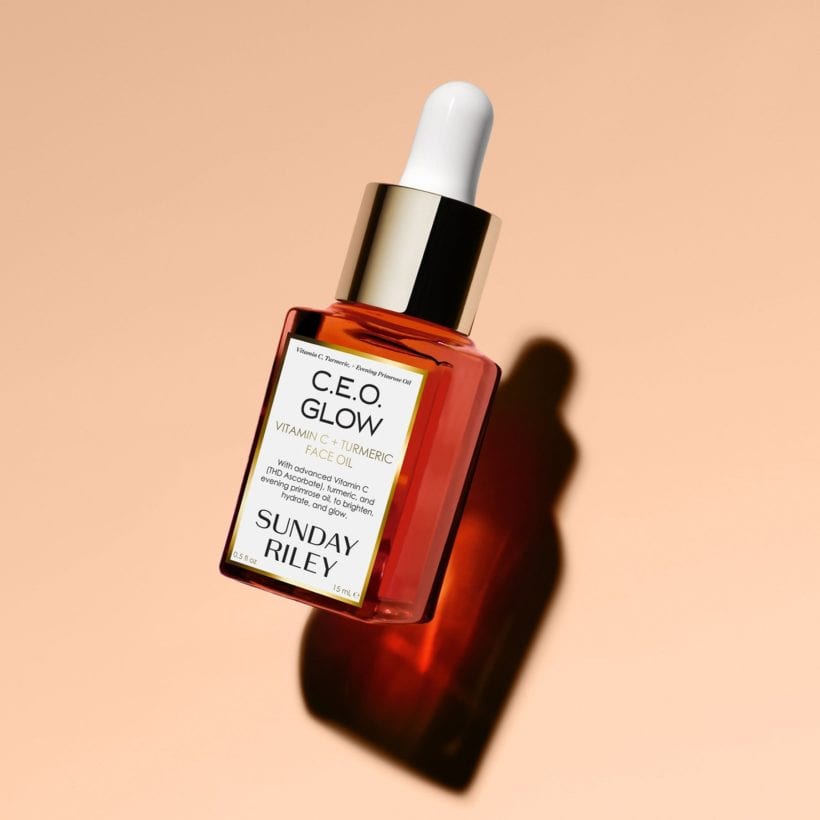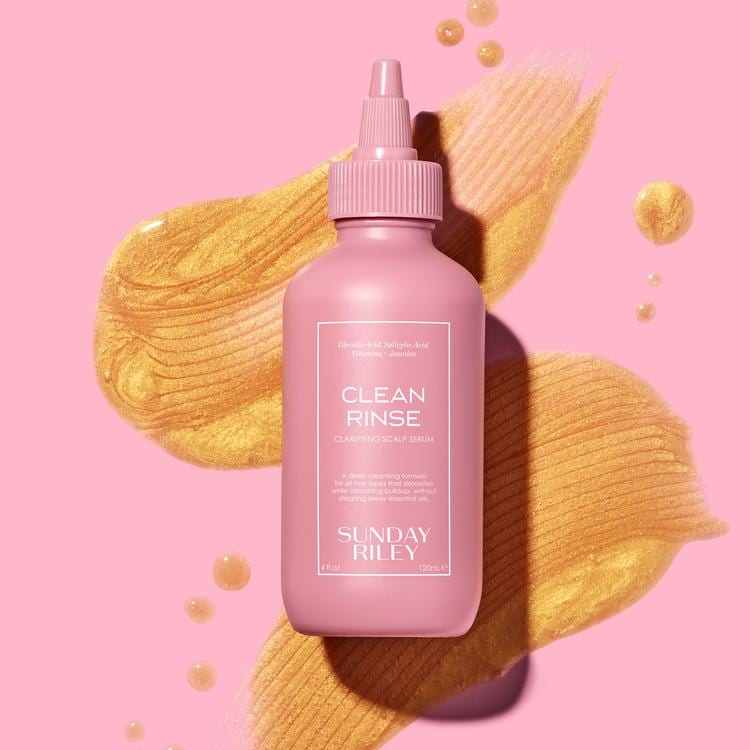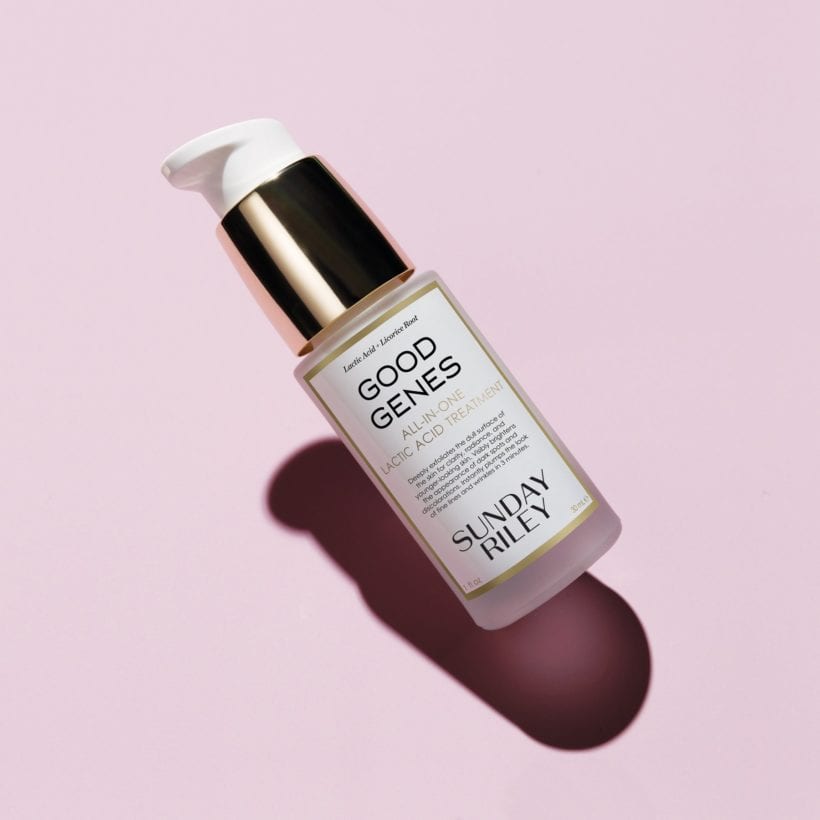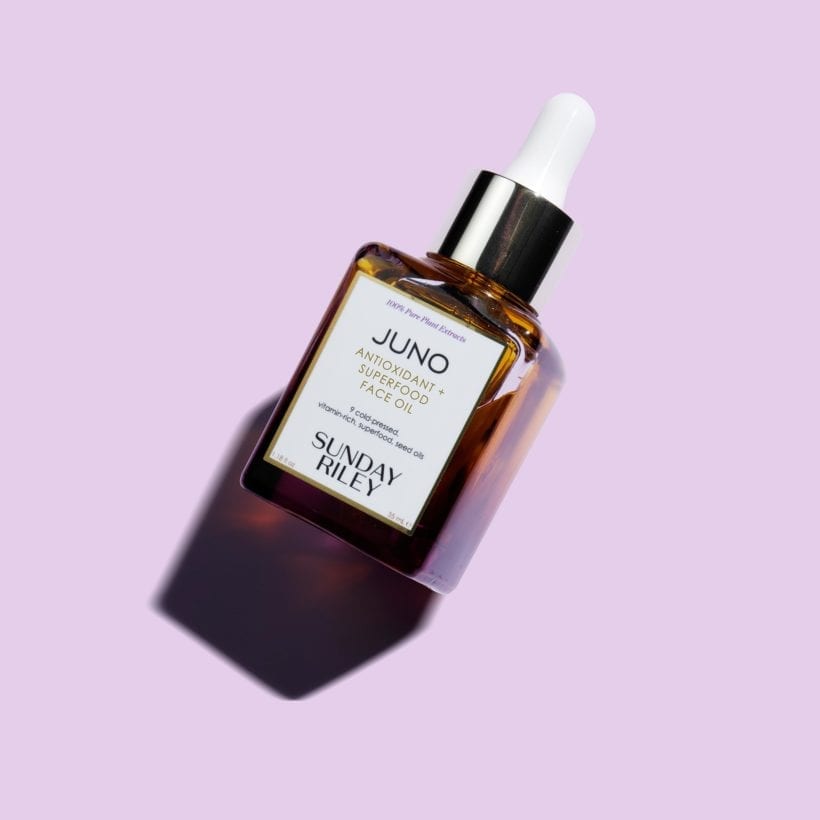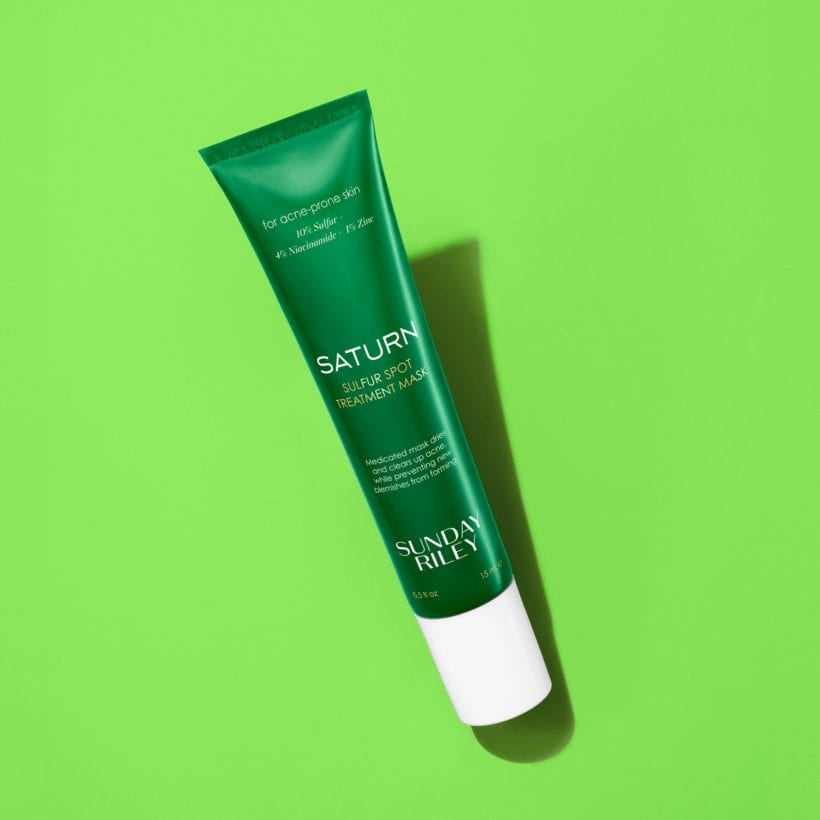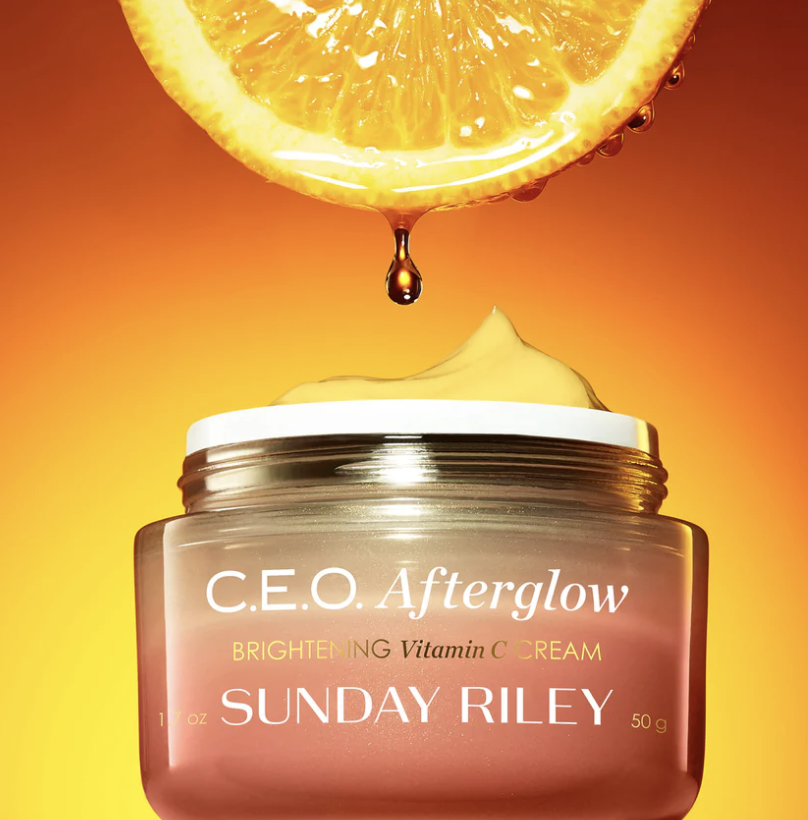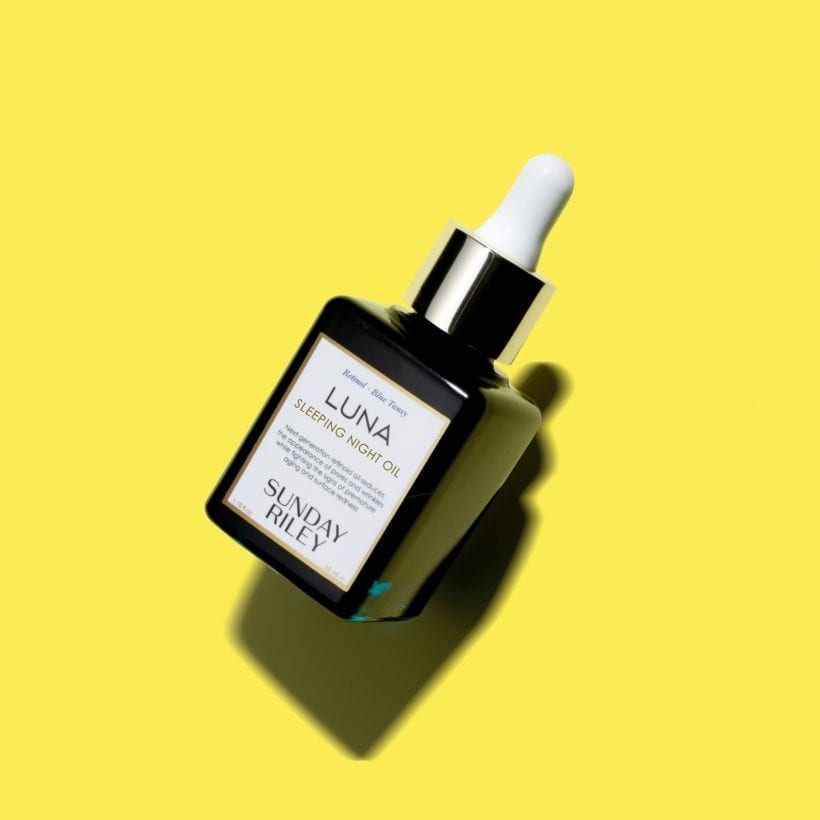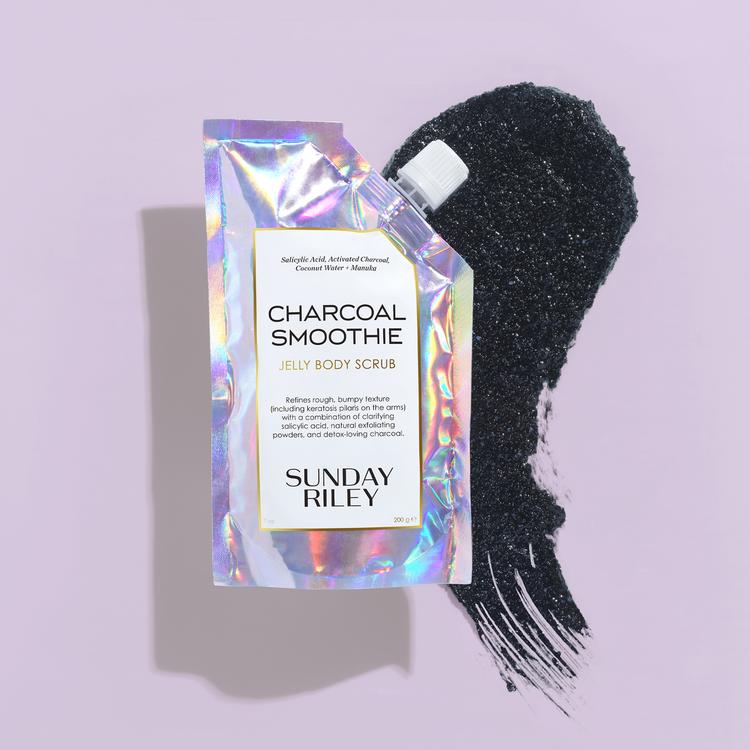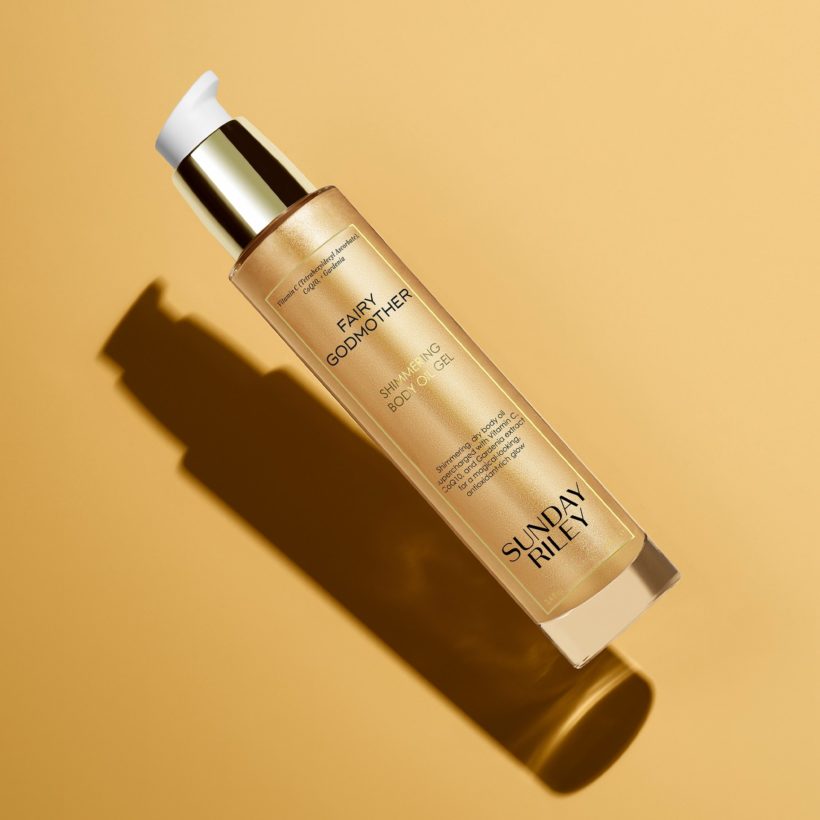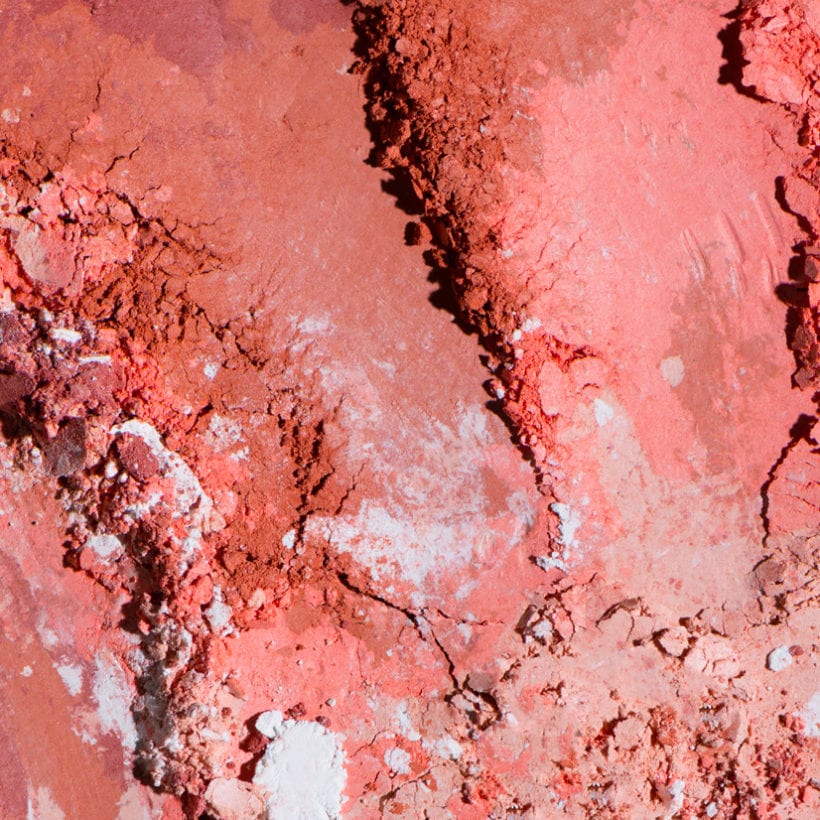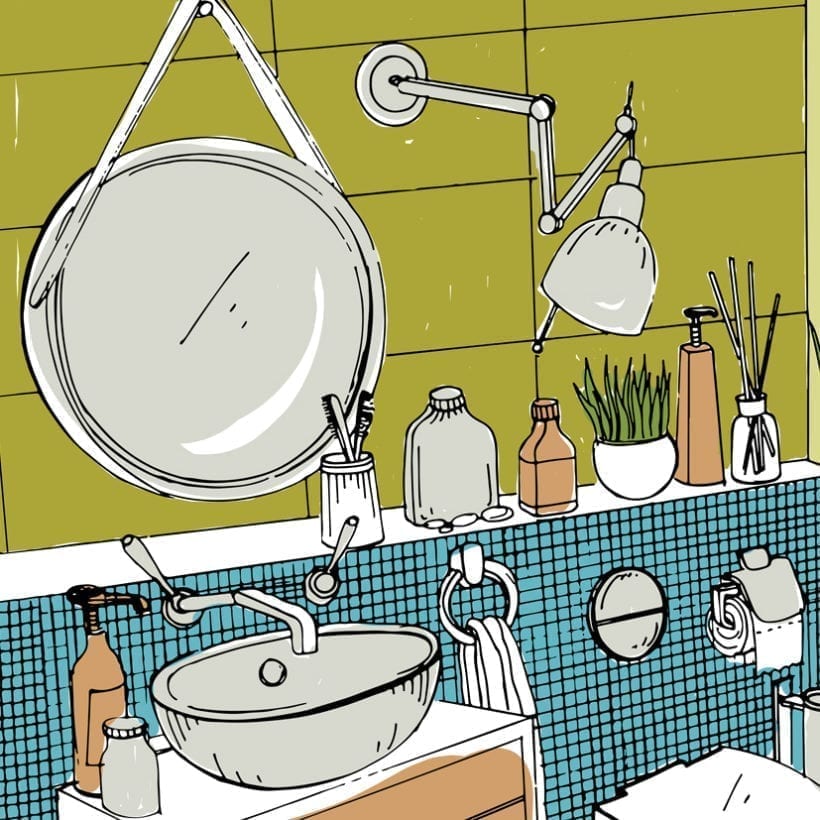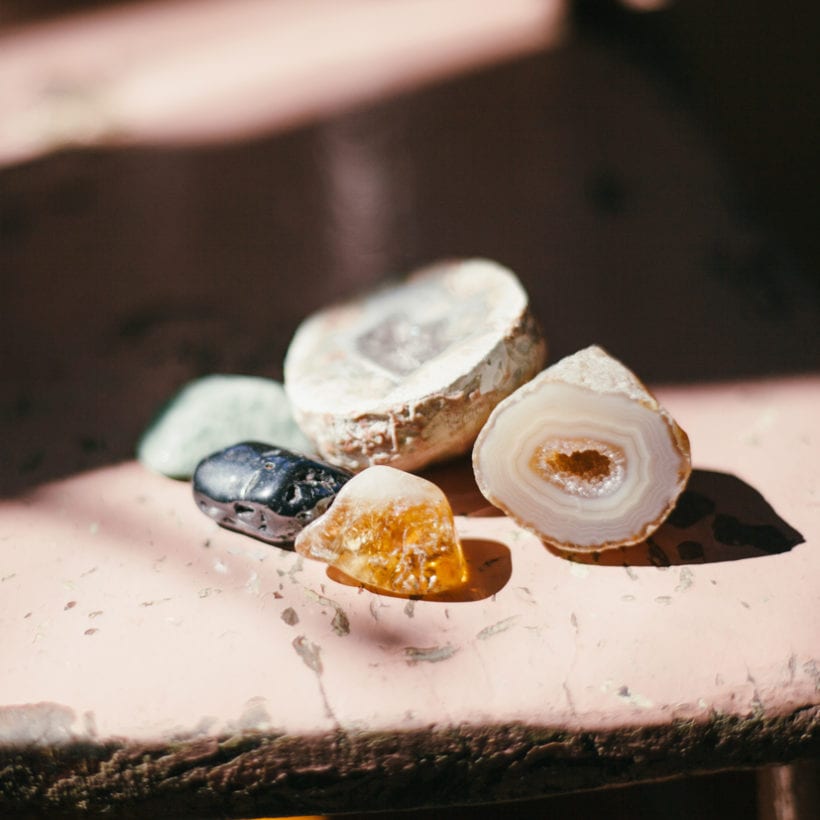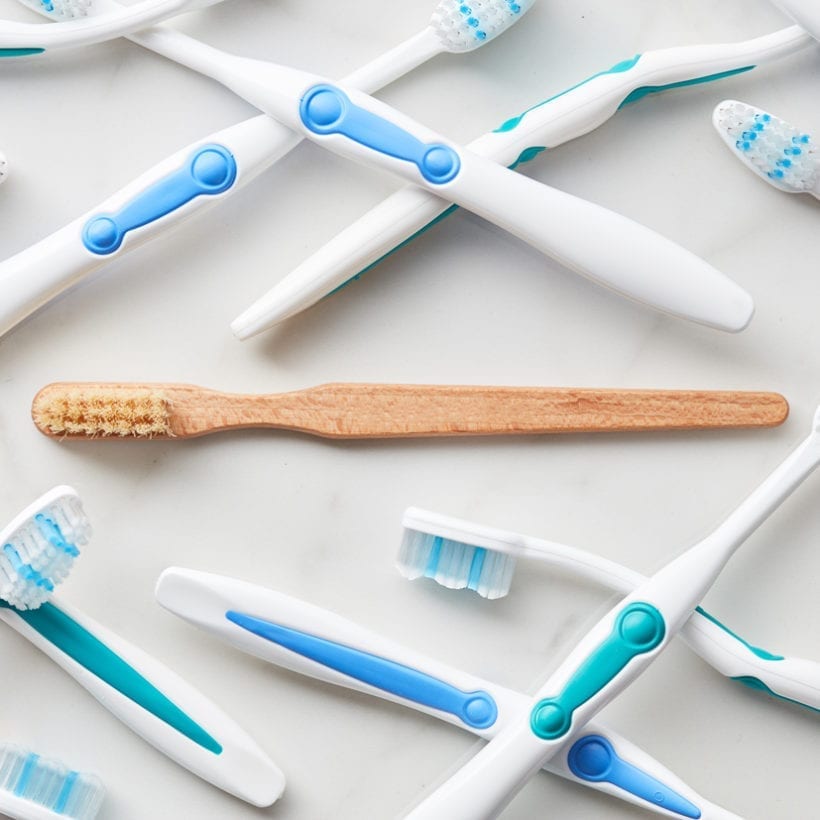Just a few years ago, veganism was a fringe wellness trend with a hippyish reputation. Now going vegan (or vegan-ish) is the gospel of everyone from Meghan Markle to Beyoncé, a booming market projected to grow to $31.4 billion by 2026. Talk about a glow-up.
But what is vegan beauty? We have the answers.
Vegan beauty 101
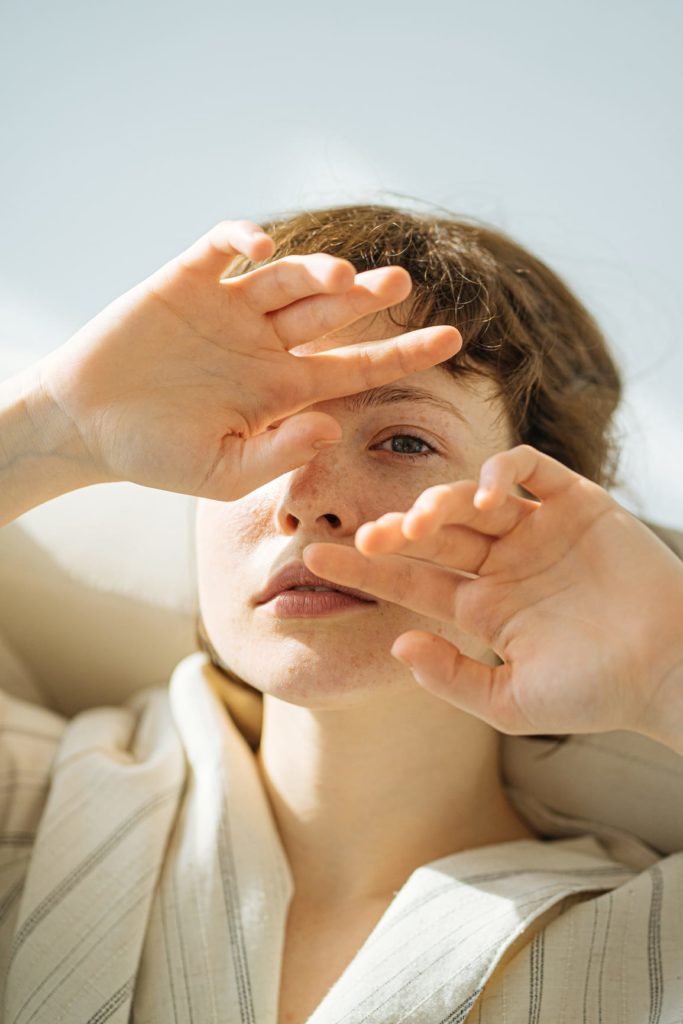 You’re likely spotting more and more “vegan” signs on products lately — makeup, skincare, hair products, even nail polishes are proudly sporting the title. So, what does it mean? In short, something being vegan means it uses no animal products or byproducts. On your plate, that’s fairly obvious — a vegan diet excludes things like meat and dairy but also byproducts like honey and gelatin (made from cow or pig bones). In fashion, vegan products don’t use animal products like down, wool, or silk. In the beauty world, vegan products exclude commonly used ingredients like beeswax, lanolin (a wax that comes from sheep’s wool), squalene (shark liver oil), carmine (beetle powder), pearl powder, or honey.
You’re likely spotting more and more “vegan” signs on products lately — makeup, skincare, hair products, even nail polishes are proudly sporting the title. So, what does it mean? In short, something being vegan means it uses no animal products or byproducts. On your plate, that’s fairly obvious — a vegan diet excludes things like meat and dairy but also byproducts like honey and gelatin (made from cow or pig bones). In fashion, vegan products don’t use animal products like down, wool, or silk. In the beauty world, vegan products exclude commonly used ingredients like beeswax, lanolin (a wax that comes from sheep’s wool), squalene (shark liver oil), carmine (beetle powder), pearl powder, or honey.
While they may sound a little cringe, these ingredients are natural and not harmful to you. So switching to vegan beauty isn’t necessarily healthier than using non-vegan products — just like French fries are vegan but you wouldn’t mistake them for a superfood, vegan beauty products can still be full of harmful chemical additives.
But beauty products that use animal ingredients also aren’t necessarily better than their vegan counterparts either, and there are a lot of other reasons why you might want to start stocking your medicine cabinet with vegan finds. Ethical concerns over animal welfare are obviously a big motivator but vegan choices are also often more sustainable and environmentally friendly.
Vegan vs. cruelty-free vs. ethical vs. natural
As more and more brands start to up their ethical and environmental awareness, you’ll see more and more products labeled with virtuous terms like “vegan,” “cruelty-free,” “ethical,” and “natural.” They make you feel good about your purchase — your dollars must be doing something good, right? But what does it all mean?
Good news: All of these labels are great. But they’re not interchangeable — here’s what you need to know.
“Cruelty-free” and “vegan” are both tangible definitions that meet a set of regulations.
- Cruelty-free means a product is not tested on animals — but it may contain animal ingredients. A face mask that contains honey but is not tested on animals is cruelty-free but not vegan.
- A vegan or “plant-based” product contains no animal ingredients but could technically be tested on animals and still retain the title. A toner that contains no animal byproducts but is produced using an ingredient from a supplier that tests on animals in a lab is vegan but not cruelty-free.
In other words, if you’re looking for a serum that’s plant-based and doesn’t use animals at any point in the production process, you’d want to pick up one that’s certified as both vegan and cruelty-free.
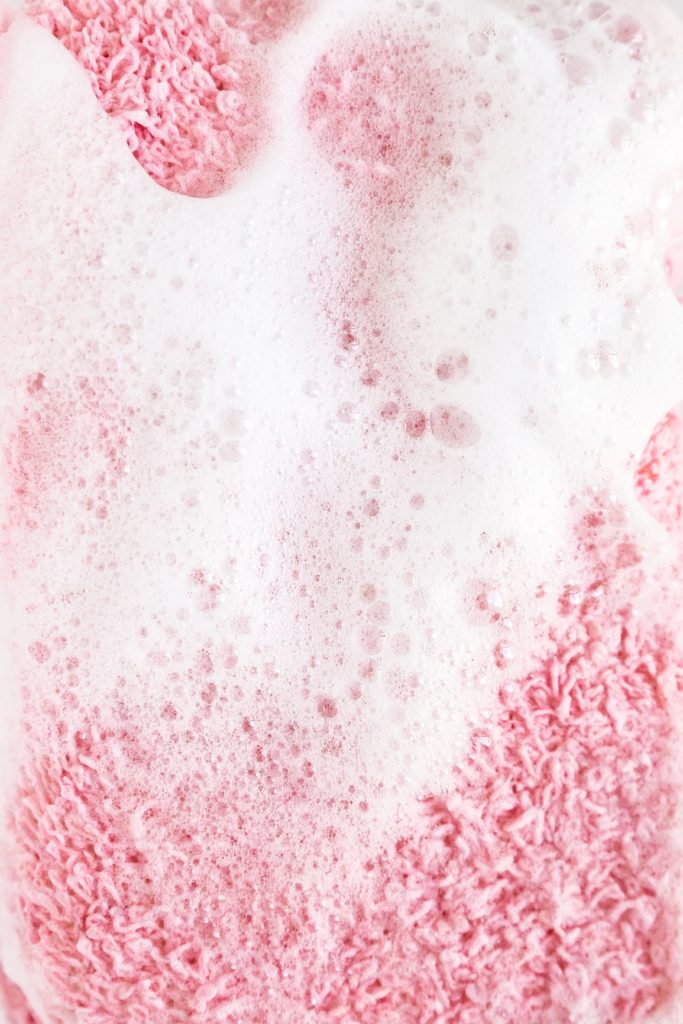
“Natural” and “ethical” products are much more of a gray area, as there is no regulated definition for either. Things to keep in mind: Natural beauty buys aren’t necessarily vegan — beeswax and lanolin are safe, natural, commonly used ingredients but they also come from animals. And “ethical” could technically refer to any of the terms above. Adding to the confusion are products that are “sustainable” or “clean,” which have nothing to do with animals but refer to how a product’s ingredients are sourced and its environmental impact. (You can read more about Sunday Riley’s sustainability efforts here.)
Navigating all of this admittedly requires a little more effort than just picking up whichever product has the best reviews. If you’re invested in cleaning up your beauty routine, the number one most important thing you can do is do your research and read labels. If you’re concerned about sustainability, for example, you might find a vegan hair mask and think you’re set. But say it contains rosewood oil, which is overharvested — that wouldn’t necessarily be a sustainable pick. Looking into ingredient lists and also checking a brand’s website for how ingredients are sourced is the best way to make an informed buy.
How to tell if you’re shopping vegan beauty
But let’s be honest: scouring ingredient labels and beauty blogs to find out every detail about a product before you hit buy might not always be realistic. And that’s okay — small steps count. Luckily, there are a lot of quick and easy ways to tell if what you’re buying is vegan or cruelty-free.
PETA maintains a list of every beauty and personal care company that’s either cruelty-free or vegan and cruelty-free as part of its Beauty Without Bunnies Program. You can also spot special seals and certifications right on the bottle. The Leaping Bunny seal indicates a product is cruelty-free, which by their standards means the product does not use animal testing in any part of the process (either at the ingredient stage or with the final product). Leaping Bunny also has an app that allows you to scan a product to check if it’s cruelty-free. And for vegan products, you can look for the Certified Vegan seal.
How do we stack up? Sunday Riley does not test on animals and all of our products are double certified cruelty-free by Leaping Bunny and PETA.
The following Sunday Riley products are certified vegan:
- Ceramic Slip, Cleanser
- C.E.O. Glow, Vitamin C and Tumeric Face Oil
- Clean Rinse, Clarifying Scalp Serum with Niacinamide
- Good Genes, Lactic Acid Treatment
- Juno, Antioxidant + Superfood Face Oil
- Saturn, Sulfur Spot Treatment Mask
- C.E.O. Afterglow Brightening Vitamin C Gel Cream
- Luna, Sleeping Night Oil
- Charcoal Smoothie, Jelly Body Scrub
- Fairy Godmother, Shimmering Body Oil Gel
